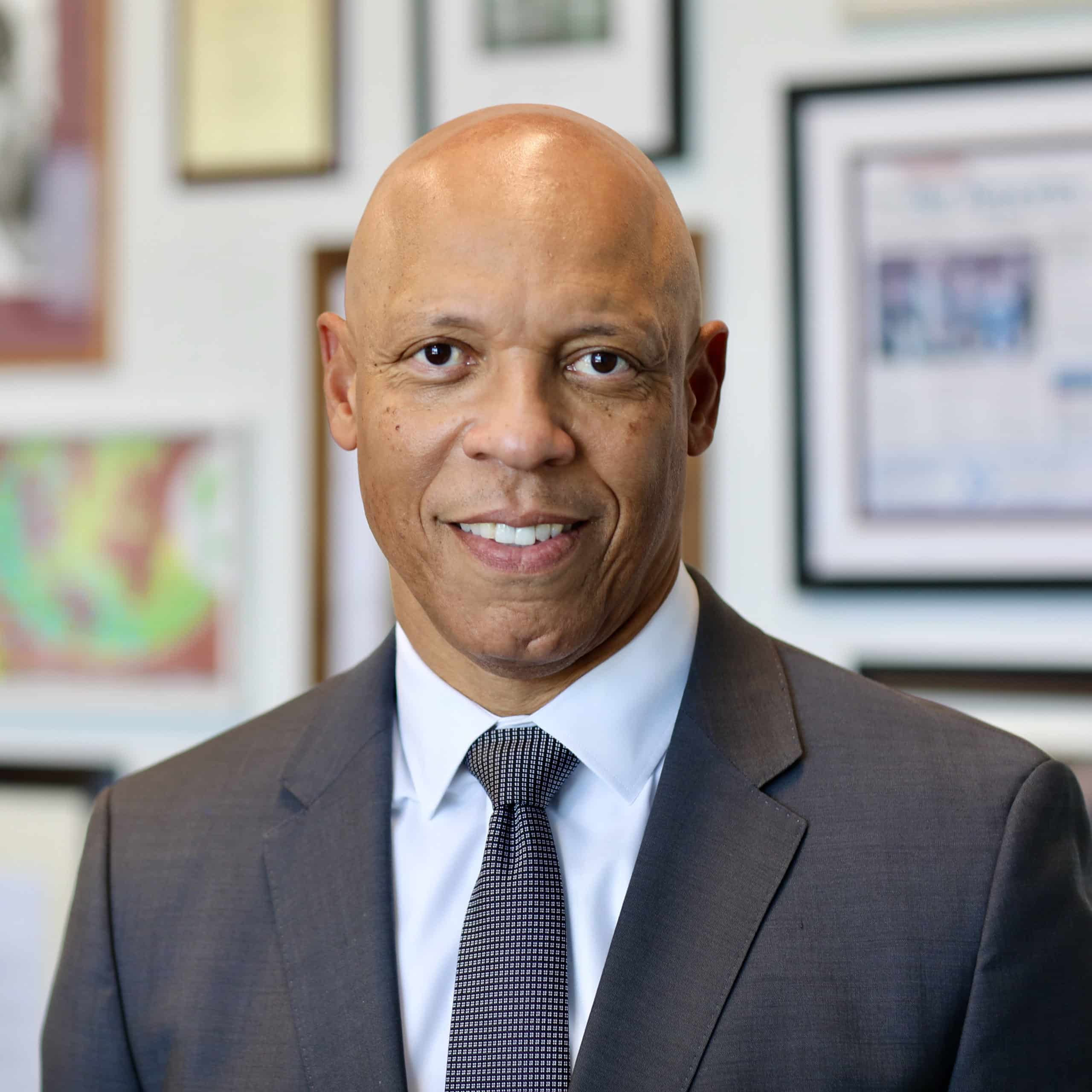Areas of Expertise: equity, innovation, quality
Nothing is more important than ensuring that our nation’s children have a strong education, and I’m grateful for the opportunities I’ve had in my career to work toward that mission.
With a focus on equity, innovation and quality, Dr. William R. Hite is the president and CEO of KnowledgeWorks, leading the organization towards making the mission and vision a reality.
Additionally, as the superintendent in residence in the Broad Center at the Yale School of Management, Bill spends time preparing and supporting transformational leaders from diverse backgrounds.
Prior to his current roles Bill served as superintendent of The School District of Philadelphia, the largest public school system in the Commonwealth of Pennsylvania. During his 10 years as superintendent, the School District of Philadelphia emerged from 17 years of state control for academic, financial and graduation improvements. Its credit rating climbed out of junk-bond status for the first time in five decades, allowing the district to save tens of millions of dollars in interest charges. Under his leadership, the School District opened new innovative high schools, expanded successful school models, launched in-district turnarounds and redesigned schools in partnership with communities. Bill was named the 2020 Superintendent of the Year by the National School Foundation Association and was the recipient of WHYY’s 2019 Lifelong Learner Award, an award that recognizes an honoree who has demonstrated a passion for lifelong learning for themselves and for all those they can inspire. Other recipients include President Joseph Biden, Dr. Anthony Fauci, Dr. Henry Louis Gates, Jr., Gwen Ifill, Dawn Staley and more.
Bill’s professional experience includes serving at every level – teacher, principal, central office administrator and superintendent. He was previously superintendent of Prince George’s County Public Schools in Maryland where his central work focused on enhanced access and rigor to ensure college- and career-readiness. The district, one of the 25 largest systems in the United States, received national recognition for expanding access to Advanced Placement courses during his tenure.
Bill also served as an assistant superintendent in Georgia’s Cobb County School District. In addition, as an administrator in Henrico County, Virginia, he led Highland Springs High School to “Best Practices” honors from the state’s General Assembly. A member of numerous national, state and local boards, he has participated with national agencies and associations to reform K-12 education.
Bill holds a bachelor’s degree in education from Virginia Tech, a master’s degree in educational leadership from the University of Virginia and a doctorate in education specializing in educational leadership from Virginia Tech. His interests include music, travel, sports and reading. He and his wife Deirdre have two daughters and three grandchildren.
